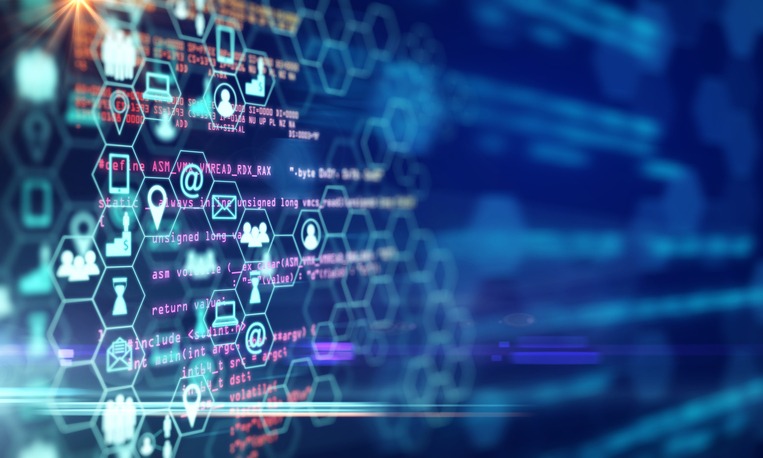The UK Intellectual Property Office’s Manual of Patent Practice has been updated to reflect the the UK High Court’s decision concerning the “DABUS” inventions. The Court held that patent protection requires a human inventor and that an AI cannot own or transfer rights to a patent.
The changes are two new sections, 7.11.1 and 13.10.1:
7.11.1
The question of whether an applicant can derive the right to apply for a patent from ownership of an artificial intelligence (AI) machine, when the AI machine is designated by the applicant as the inventor for the application in question, was considered in Thaler v Comptroller-General of Patents [2020] EWHC 2412 (Pat) – itself an appeal from the decision of the hearing officer in BL O/741/19. In this case, the court found that ownership of the AI machine DABUS was not covered by either s.7(2)(b) or s.7(2)(c). It was held that, in the case where an applicant identifies an AI machine as inventor, there is no law that allows for the transfer of ownership of the invention from the inventor to the owner, as the inventor is neither a natural nor a legal person and therefore cannot itself own intellectual property. The applicant had not therefore provided a satisfactory derivation of right through ownership of the AI machine (which the applicant referred to as DABUS) and hence was not entitled to apply for the patents in question. The court also held that as DABUS is not a natural person, it cannot be regarded as an inventor for the purposes of sections 7 or 13 of the Patents Act 1977 (see 13.10.1).
13.10.1
In [Thaler v Comptroller-General of Patents [2020] EWHC 2412 (Pat)] (https://www.bailii.org/ew/cases/EWHC/Patents/2020/2412.html) (an appeal from the decision in BLO/741/19), the court held that for the purposes of sections 7 and 13 of the Patents Act 1977, an inventor must be a natural person. In this case, the applicant had designated an artificial intelligence (AI) machine, which he called DABUS, as inventor. The court found that because DABUS was not a natural person it could not be regarded as an inventor, and furthermore could not own intellectual property or by extension transfer ownership of that intellectual property to the applicant. As a result, derivation of right through ownership of DABUS did not meet the requirements of section 7(2) and the applicant was not entitled to apply for the patents in question (see 7.11.1).

